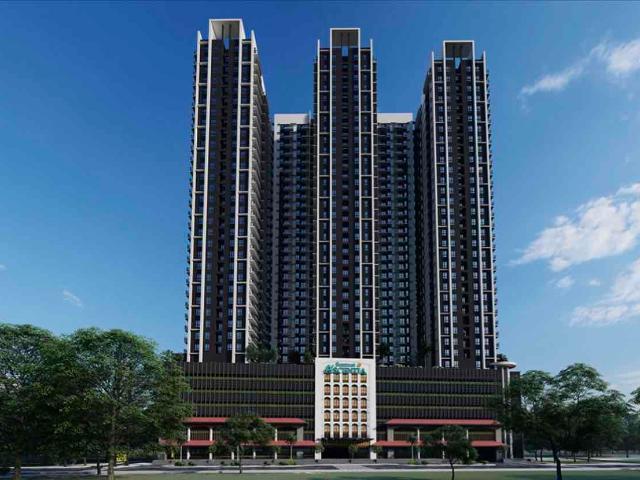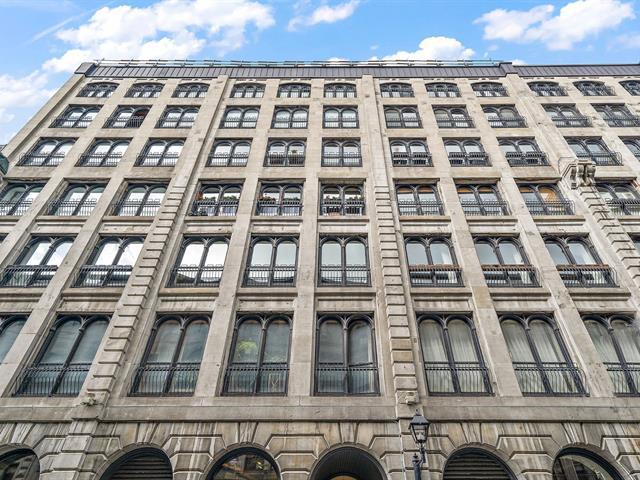Investing in real estate is a well-trodden path to financial security and growth, and Singapore’s real estate market offers a myriad of opportunities for investors. Among the various options, older condominiums, often referred to as resale condos, present a unique set of pros and cons. Understanding these can help potential investors make informed decisions. Here’s a comprehensive look at the advantages and disadvantages of investing in older condos in Singapore.
Pros of Investing in Older Condos in Singapore
1. Lower Purchase Price
One of the most significant advantages of older condos is their relatively lower purchase price compared to new developments. Older properties tend to be more affordable, making them accessible to a broader range of investors. This lower entry cost can result in a higher return on investment (ROI) if the property appreciates over time.
2. Larger Living Spaces
Older condos often boast larger living spaces compared to their newer counterparts. During the time they were built, land was less scarce, and developers prioritized spaciousness. This appeal can attract families and tenants who value space, leading to potentially higher rental demand and rental income.
3. Established Locations
Many older condos are located in well-established neighborhoods with mature amenities. These areas are likely to have better infrastructure, access to public transportation, schools, hospitals, and shopping centers. The convenience and established nature of these locations can make older condos more desirable to both renters and buyers.
4. Potential for Value Appreciation
While newer properties might offer modern amenities, older condos in prime locations have significant potential for value appreciation. As land becomes scarcer in Singapore, properties in central or highly sought-after areas can increase in value. Additionally, if the area undergoes redevelopment or gentrification, the value of older condos can rise significantly.
5. Historical and Aesthetic Appeal
Older condos often have unique architectural designs and features that stand out compared to the more homogeneous designs of newer developments. This historical and aesthetic appeal can attract a niche market of buyers and renters who appreciate the charm and character of older buildings.
6. Lower Maintenance Fees
Older condos might have lower maintenance fees compared to newer developments that come with a plethora of facilities and amenities. While newer condos might offer gyms, pools, and other luxuries, the cost of maintaining these can be high. Older condos with fewer facilities can offer more manageable monthly fees for investors.
7. Potential for En Bloc Sales
In Singapore, en bloc sales (collective sales) occur when a majority of owners in a condo agree to sell their units to a developer who will then redevelop the property. Older condos are often prime targets for en bloc sales due to their valuable land. If successful, owners can receive a significant premium over the market value of their units.

Cons of Investing in Older Condos in Singapore
1. Higher Maintenance and Renovation Costs
One of the most notable downsides of older condos is the potential for higher maintenance and renovation costs. As buildings age, wear and tear can lead to significant expenses in repairs and upgrades. Electrical wiring, plumbing systems, and structural integrity might need attention, leading to unexpected costs for investors.
2. Limited Modern Amenities
Older condos might lack the modern amenities that newer developments offer. Facilities like swimming pools, gyms, and smart home features are often missing or outdated in older buildings. This can make them less attractive to some tenants and buyers who prioritize modern conveniences.
3. Potential for Lower Rental Yield
While the purchase price of older condos may be lower, the rental yield might also be lower compared to newer properties. Tenants often prefer newer condos with modern amenities and designs. This preference can result in longer vacancy periods and potentially lower rental income.
4. Financing Challenges
Obtaining financing for older condos can be more challenging than for newer properties. Banks and financial institutions might be more cautious in lending for older buildings due to concerns about their structural integrity and long-term value. This can result in higher interest rates or stricter loan terms for investors.
5. En Bloc Uncertainty
While the potential for en bloc sales can be an advantage, it also comes with uncertainty. Not all en bloc attempts are successful, and the process can be lengthy and contentious. Investors banking on an en bloc sale might face disappointment and prolonged waiting periods. If you found this article interesting about investing in older condos in Singapore, you will likely enjoy further reading at Emerald Of Katong.
6. Depreciation Concerns
Older condos, especially those that are not well-maintained, may face depreciation in value over time. As buildings age, they might become less appealing to buyers and tenants, leading to a decline in property value. This depreciation risk is a significant consideration for long-term investors.
7. Strata Title Limitations
In older condos with strata titles, making collective decisions for repairs and maintenance can be challenging. Strata title properties require agreement from a majority of owners for significant changes, which can lead to delays and conflicts. This can impact the overall upkeep and value of the property.
Conclusion
Investing in older condos in Singapore comes with a balanced mix of advantages and disadvantages. On the plus side, lower purchase prices, larger living spaces, established locations, potential for value appreciation, historical appeal, lower maintenance fees, and the possibility of en bloc sales make them an attractive option for many investors. However, the cons, including higher maintenance costs, limited modern amenities, potential for lower rental yield, financing challenges, en bloc uncertainty, depreciation concerns, and strata title limitations, must be carefully considered.


